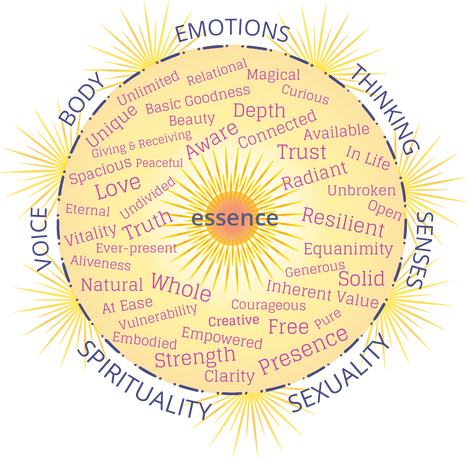|
The True Self. Known by many names - the Organic Self, Wise Self, Deep Self. It's the person we know ourselves to be at the deepest, truest level, beneath any strategies or adaptations we took on to be successful or to be loved in this world.
0 Comments
What if we told you that there is one secret ingredient that would dramatically improve your team’s performance, would eliminate hours of wasted time, and significantly reduce the energy spent on politics and drama? What if that ONE element required no advanced degrees or training, and could be added with simple steps that fit into your existing workflow.
|
AuthorsDevi Cavitt Razo and Deepika Sheleff are co-founders of Aurum Leadership. They are also close friends who have dedicated their lives to creating powerful, honest, resilient relationships. Archives
September 2023
Categories
All
|

|
|
Contact us
|





 RSS Feed
RSS Feed